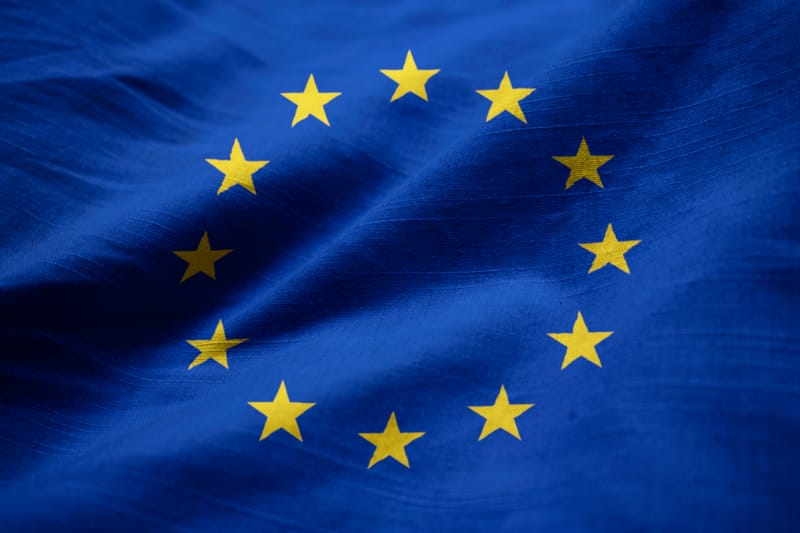Business Development in Europe: How to Expand and Succeed in the European Market
Expanding into the European market is a strategic move for many companies looking to grow their operations and find new opportunities for development.
Europe, with its unified market, large population, and diverse economy, offers enormous potential for companies seeking to expand beyond their local market.
However, in order to succeed in the European market, a precise business development plan is required, one that is based on understanding the local market, the needs of European customers, and the ability to adapt to the different expectations and regulations of various countries.
How to Begin the Business Development Process in Europe?
1. Comprehensive Market Research
Before taking the first step in business development in Europe, it’s important to conduct thorough market research.
The European market is highly diverse, and there are significant differences between the various countries.
It is crucial to understand the requirements of each local market, the existing competition, the needs of consumers, and the legal constraints that might affect the business.
2. Adapting the Product or Service to the European Market
Not every product or service that suits the local market will be appropriate for the European market.
Sometimes, modifications to the product will be necessary, improving its fit to customers’ needs or adjusting the marketing and advertising to better align with the European audience.
When entering the European market, it’s important to consider cultural differences and local tastes that could impact product success.
3. Choosing the Right Market
Europe includes a wide variety of countries, each with its own business character.
Many companies choose to begin their expansion in one specific market and then expand into other markets later.
When choosing the right market, factors such as market size, economic stability, regulatory conditions, and product accessibility need to be considered.
For example, when it comes to European business development strategies, target markets such as Germany, the UK, and France can offer particularly large business opportunities.
4. Business Connections and Partnerships
As part of the strategy for business development in Europe, it is important to establish connections with local business partners.
Partnerships with European companies can help enter the market more easily and quickly, while also providing an understanding of local dynamics.
Additionally, collaborations with other companies can lead to new business opportunities and strengthen market presence.
Building high-quality business connections can be a significant advantage in any international business development process.
5. Regulatory Compliance and Legal Requirements
Europe has distinct laws and regulations for each country, and it’s crucial to take into account the different legal requirements.
Companies that manage to understand and adapt to local regulations will benefit from a significant competitive advantage.
The European market often presents challenges in terms of compliance, particularly with strict regulations like the GDPR.
Therefore, businesses must make the necessary adjustments to ensure they operate in accordance with the law.
Why Choose Us for Business Development in Europe?
With extensive experience in the European market and a deep understanding of market conditions and requirements, we provide you with the tools and strategies necessary for success in the European market.
With strong connections in various countries, in-depth legal knowledge, and the ability to tailor solutions to local needs, we guarantee personalized service that will help your business succeed.

